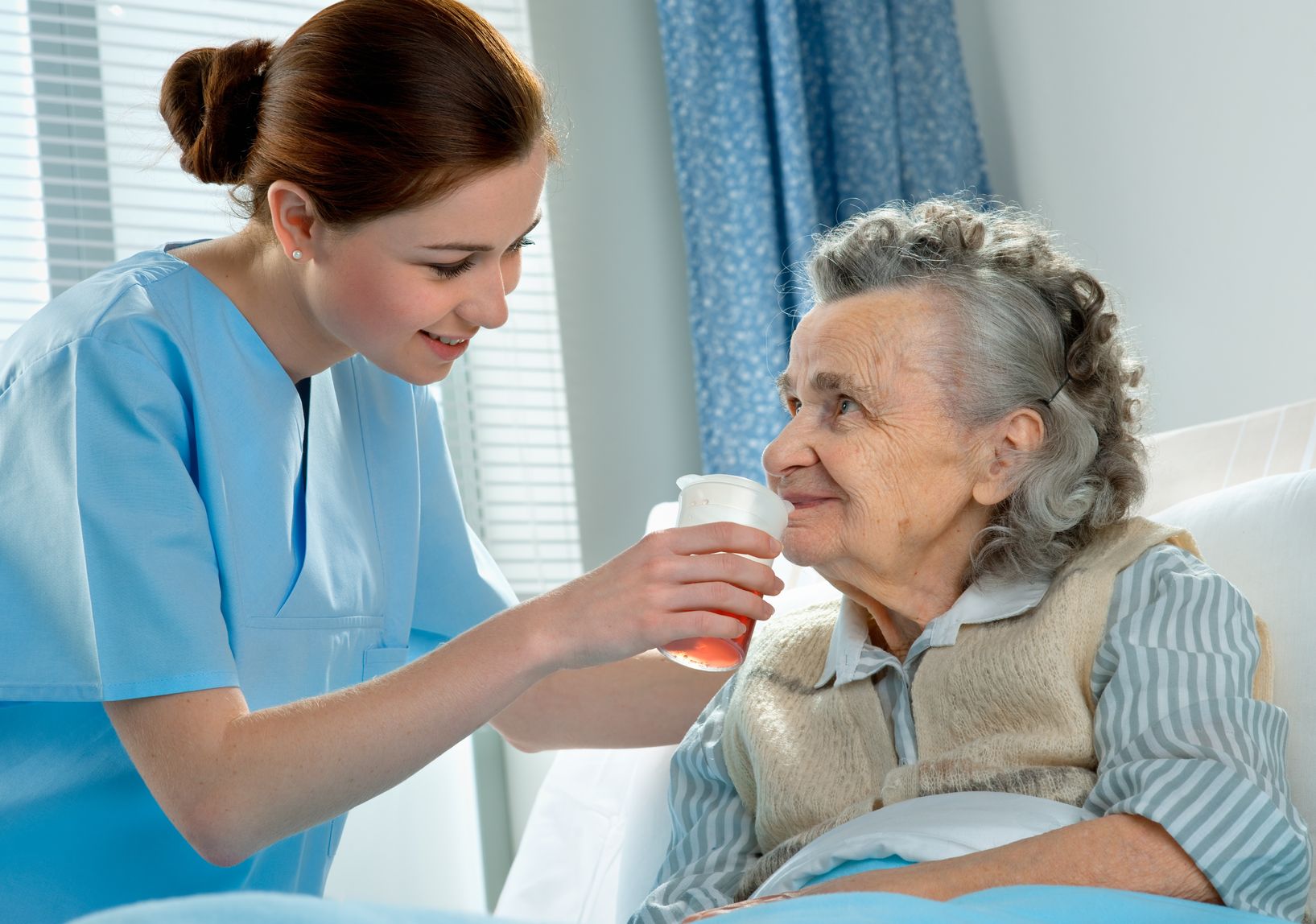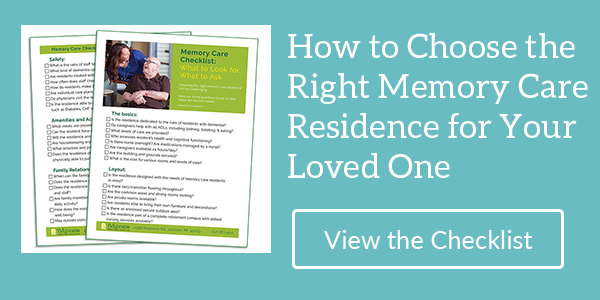
Navigating the path through senior living — for yourself or a loved one — can be tricky, but knowing the terminology will make it much easier. From diseases and conditions to types of care facilities and caregivers, it’s important to become familiar with the definitions to ensure you receive the care you need in the right place, home or away. Here’s a list of essential terminology to help.
Activities of Daily Living or ADLs —
These are the things we do every day, like walking, dressing, eating and drinking, personal hygiene activities, and moving from place to place unaided. The ability to perform ADLs is used to assess the level of care an individual requires.
Adult Day Care —
A daytime program that provides a safe and social activities for adults with dysfunctions. Some programs also include medical care within their scope.
Alzheimer’s Disease —
The most common cause of dementia in adults, the National Institutes of Health define Alzheimer’s disease as “an irreversible, progressive brain disorder that slowly destroys memory and thinking skills and, eventually, the ability to carry out the simplest tasks.”
Assisted Living —
A living community or facility that provides daily assistance with a range of every day needs including meals, housekeeping and laundry services, transportation, help with medication, and opportunities to socialize with other residents.
Continuing Care Retirement Communities or CCRCs —
A residential community or facility that provides a “continuum of care” so a resident can remain in the community even as they need more assistance with daily living and healthcare. AARP’s overview of CCRCs explains how they work, how much they cost, and how to choose one.
Certified Nurse Assistant or CAN —
Caregivers who have completed state-approved training and passed a knowledge and clinical skills test. In Michigan, CNAs must be registered with the Michigan Nurse Aide Registry under the Bureau of Community and Health Systems, Department of Licensing and Regulatory Affairs.

Dementia —
According to the NIH, “Dementia is the loss of cognitive functioning—thinking, remembering, and reasoning—and behavioral abilities to such an extent that it interferes with a person's daily life and activities. These functions include memory, language skills, visual perception, problem solving, self-management, and the ability to focus and pay attention. Some people with dementia cannot control their emotions, and their personalities may change. Dementia ranges in severity from the mildest stage, when it is just beginning to affect a person's functioning, to the most severe stage, when the person must depend completely on others for basic activities of living.” Note that Alzheimer’s is just one of many causes of dementia.
Hospice Care —
End-of-life care provided in the home, hospital or other healthcare facility that ensures comfort to the patient and family support, but does not provide treatment to cure an illness. Generally, a person who has six months or less to live due to a terminal illness can opt for hospice care.
Independent Living Facility —
A residential community for seniors who require little or no assistance with daily living.
Inpatient Rehabilitation —
Care in a facility that provides specialized rehabilitation services for one or more types of illnesses or injuries (i.e., cardiovascular, orthopedic, occupational, etc.). Medicare.gov provides an explanation of inpatient rehab, including what is covered and what is not.
Instrumental Activities of Daily Living or IADLs —
IADLs include things like managing money, housekeeping, doing laundry, preparing meals, and managing transportation, communication and medications. Like ADLs, IADLs help professionals assess a person’s level of independence and ability to care for themselves.
Memory Care —
Residential, long-term care for people with memory problems including dementia and Alzheimer’s disease. Services may be provided within a larger facility with different levels and types of care. Alzheimers.net’s article, “Questions to Ask When Exploring Memory Care Options,” provides a wealth of information.
Palliative care —
This care is often provided by a multidisciplinary team of healthcare professionals and includes treatment to cure an illness as well as care for symptoms. Palliative care includes “medical, social, emotional and practical support.”
Personal Emergency Response System —
A small device worn by a patient or person to summon help in an emergency with the push of a button.
Respite care —
This is care centered around relieving caregivers so they can take a break and recharge, go on vacation, tend to personal matters, or pursue other activities requiring time away. It can include in-home care by a family member, friend or qualified professional, or short-term care in a facility. Read about options in our blog, “Respite Care in Jackson, MI.”
Skilled Nursing Facility —
Medicare.gov defines skilled nursing as “nursing and therapy care that can only be safely and effectively performed by, or under the supervision of, professionals or technical personnel. It’s health care given when you need skilled nursing or skilled therapy to treat, manage, and observe your condition, and evaluate your care.”
These are a few of the terms that are used daily by physicians and other caregivers who serve seniors. For a more comprehensive list of terms, AARP’s “Caregiving Glossary” is also helpful.

